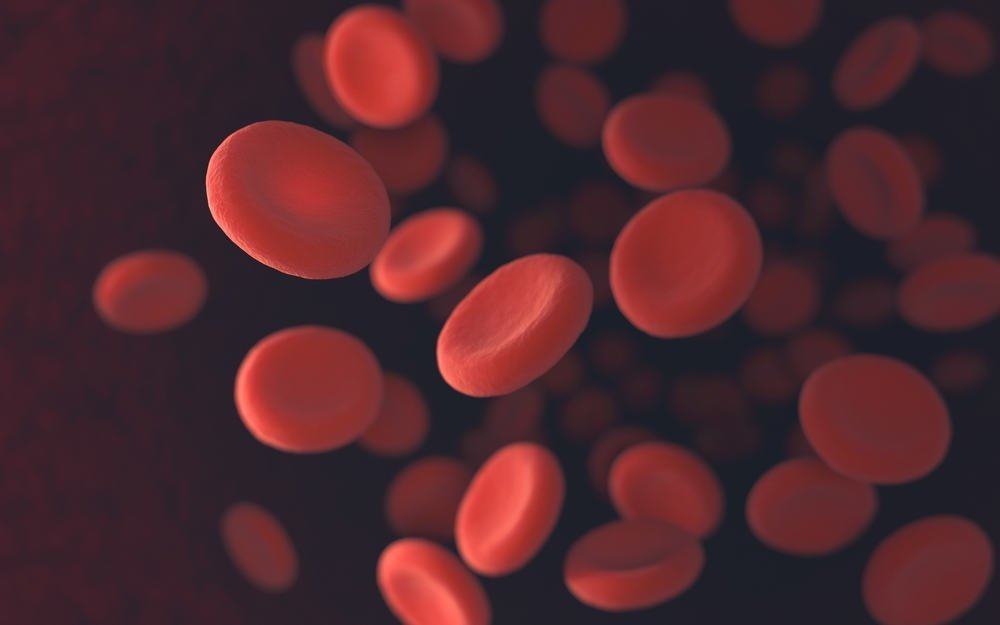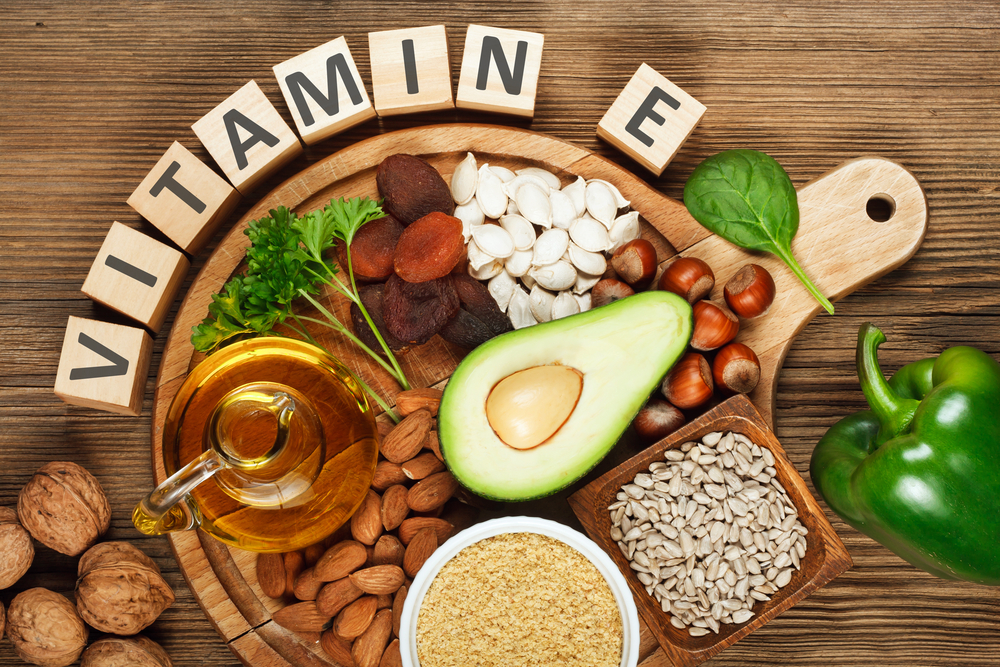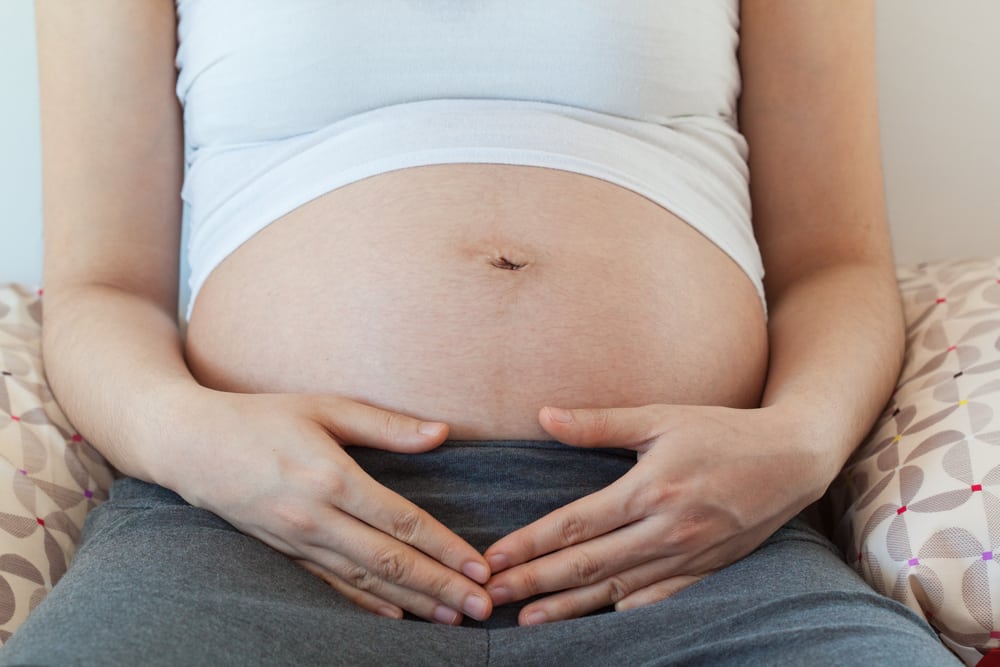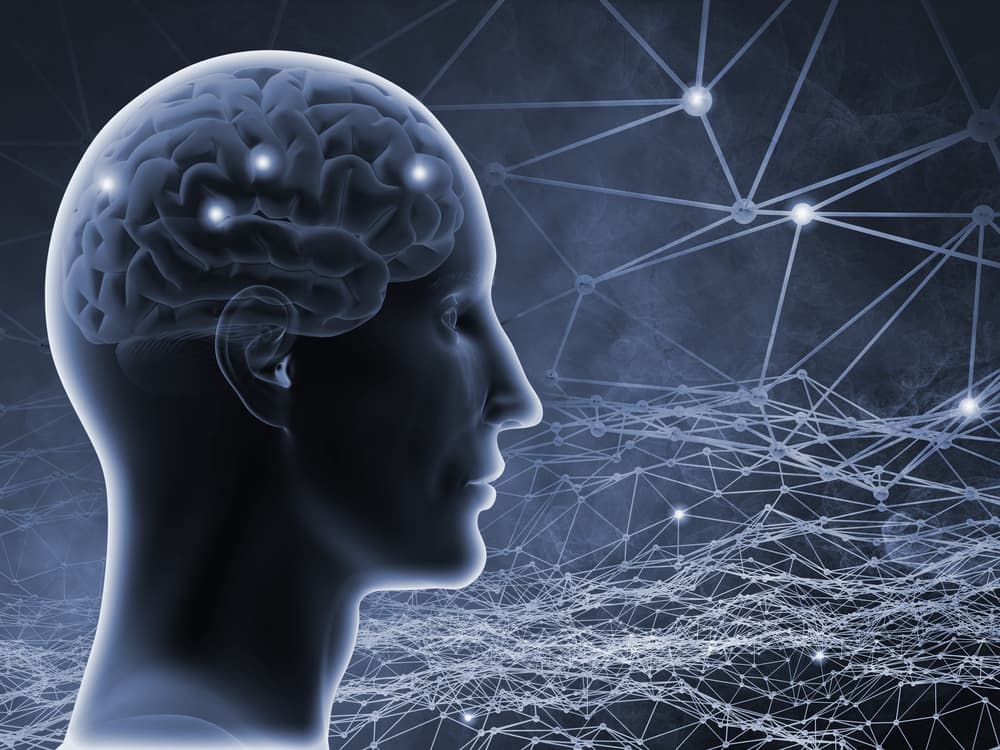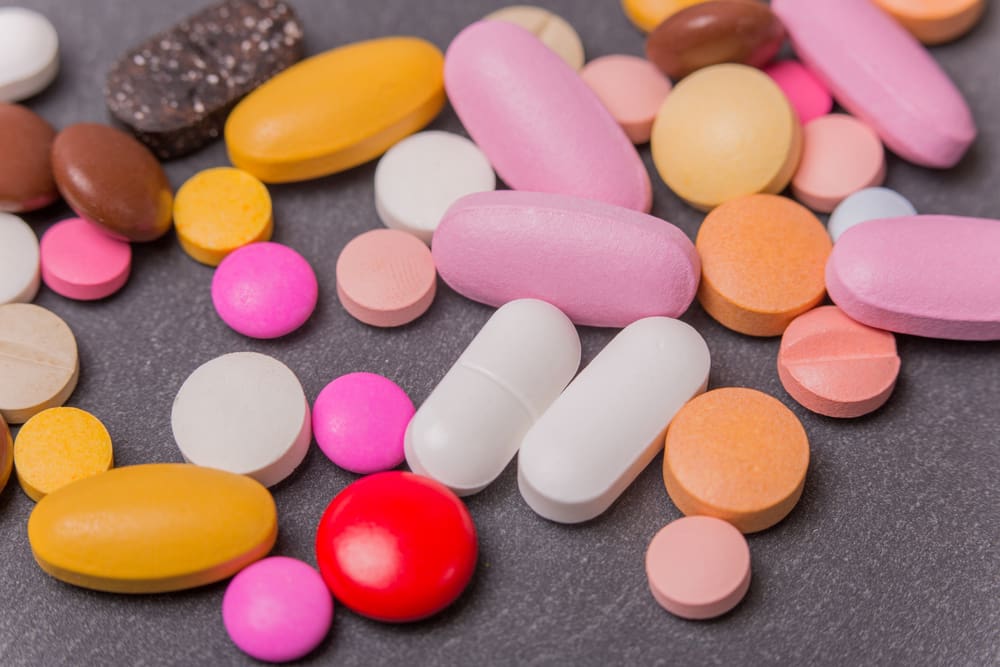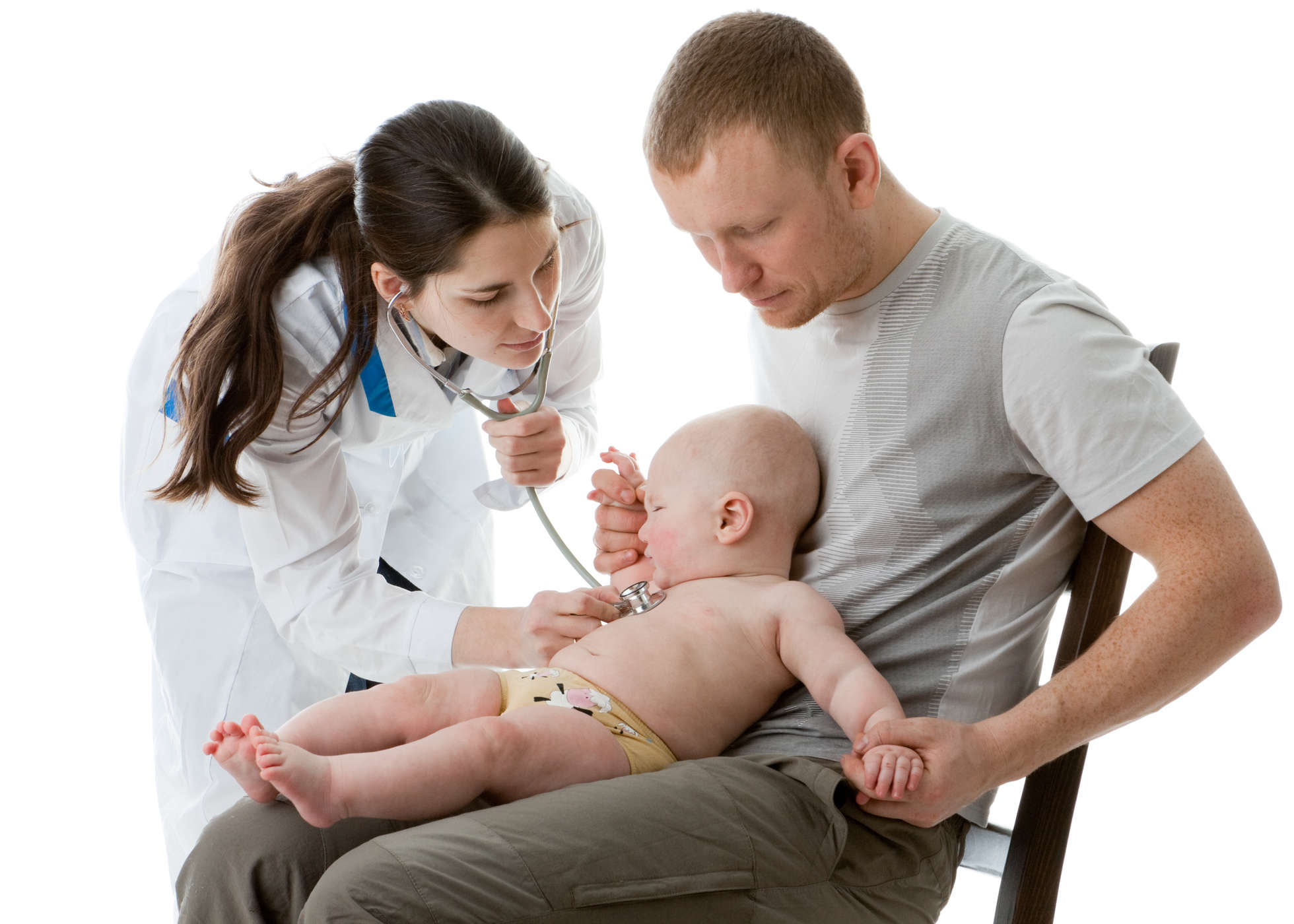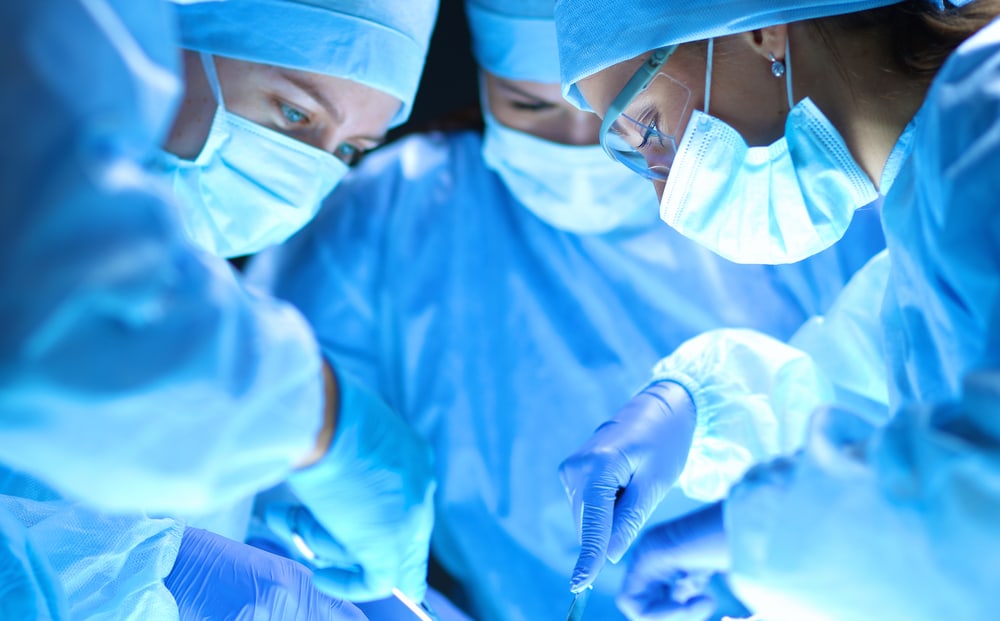Contents:
- Medical Video: Understanding Iron Deficiency Anemia in Gastroenterology: Who and Why?
- Causes of iron deficiency anemia
- Treatment of iron deficiency anemia
Medical Video: Understanding Iron Deficiency Anemia in Gastroenterology: Who and Why?
Iron deficiency anemia is the most common type of anemia in the world. Patients who have low iron levels in their bodies cannot produce hemoglobin, an iron-rich protein that is an important component of healthy red blood cells. Without enough hemoglobin, the body cannot provide oxygen from the lungs to other tissues and organs.
People with anemia often feel tired, weak, and may experience shortness of breath at certain times. If left untreated, iron deficiency anemia can cause serious damage to the heart and other core organs. Pregnant women with iron-deficiency anemia have a risk of giving birth to premature babies or low-weight babies. Meanwhile, children with iron deficiency anemia experience growth disorders and behavioral and learning problems.
About 20% of all women and 50% of pregnant women lack iron in their bodies. It is estimated that 30-70% of people in developing countries suffer from iron deficiency anemia.
Causes of iron deficiency anemia
Iron deficiency conditions in the body can be caused by several reasons:
- Blood loss. Loss of blood means the loss of iron contained in blood cells. If you don't have enough iron stored in the body and bone marrow, you are prone to iron deficiency anemia. Women with heavy menstrual periods can also make their iron levels lower. Internal bleeding in the digestive tract due to chronic aspirin use, ulcers, polyps, or cancer, can also cause anemia. Other causes include bleeding due to injury or trauma.
- Poor diet. Food is an important source of iron, but the body only absorbs about 1 milligram (mg) for every 10-20 mg of iron that enters the body through food. People who don't eat iron-rich foods regularly - or who consume too much food that disrupts iron absorption - are at risk of developing iron-deficiency anemia.
- Changes in body shape. Rapid growth of teenagers or pregnancy can increase the production of red blood cells which actually deplete iron in the body.
- Difficulty absorbing iron. Medical conditions, such as celiac disease or Crohn's disease, can inhibit the body's absorption of iron. Gastric bypass surgery can also interfere with iron absorption due to overuse of antacids.
Based on the causes described above, it is divided into several groups at the highest risk of developing iron deficiency anemia. The group includes:
- Children who experience a surge in growth
- People who don't get enough iron due to a poor diet
- Pregnant or breastfeeding women
- Women with heavy menstrual periods
- People who have ulcers or digestive problems
Treatment of iron deficiency anemia
Iron deficiency anemia is easily treated after it is detected. You may feel tired and lethargic for some time while your body's iron levels increase. This process may take months.
Treatment given depends on the cause:
- Blood loss. If you experience bleeding, the doctor will detect the source of bleeding and treat it. This treatment involves medication for ulcer cases or surgery for cases of polyp bleeding or cancerous tumors. Women with heavy menstrual periods may be given contraception to reduce menstrual severity.
- Dietary habit. You can easily get more iron intake from iron-rich foods such as red meat, chicken, turkey, pork, fish, and shellfish. In addition, you can try non-meat sources that are rich in iron, such as spinach, beans, and dried fruits, even though the body tends to absorb iron more easily from meat. You can also take iron supplements, but it must be under the supervision of a doctor. The reason is that too much iron can actually be toxic to the body. Intake of vitamin C also needs to be considered because vitamin C can help absorb iron by the body. Limit your intake of tea and soybeans because it can interfere with iron absorption.
A recent study found that iron-fortified milk was able to increase iron reserves in non-anemic toddlers. In the same study, non-anemic children who increased consumption of red meat prevented a decrease in iron levels.
Pregnant women and children who are going through a growth spurt are encouraged to eat iron-rich foods to prevent iron-deficiency anemia.

